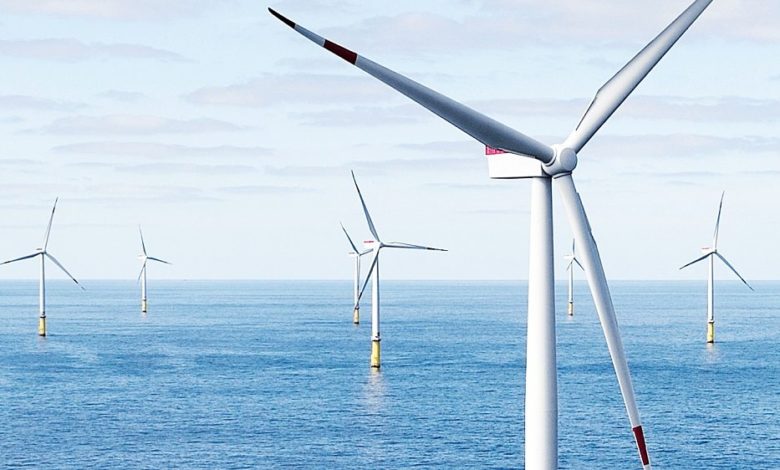US transfers offshore wind safety and environmental responsibilities from BOEM to BSEE

The US Department of the Interior has transferred regulations governing offshore renewable energy activities – including workplace safety and environmental compliance – from the Bureau of Ocean Energy Management (BOEM) to the Bureau of Safety and Environmental Enforcement (BSEE).
“Over the past several months, BOEM and BSEE have taken steps to ensure a seamless transition of functions related to safety and environmental protections for the offshore renewable energy program,” said Principal Deputy Assistant Secretary for Land and Minerals Management Laura Daniel-Davis. “This rule advances regulatory clarity and transparency for the offshore wind industry. It allows the bureaus to focus on ensuring that future clean-energy development and operations continue to occur in a safe and environmentally responsible manner.”
In 2011, the Interior Department formally established BOEM and BSEE as new bureaus to carry out its offshore energy management, safety and environmental oversight missions. The establishment of BOEM and BSEE marked the culmination of an effort to reorganise the former Minerals Management Service following the Deepwater Horizon tragedy. As part of that reorganisation, oversight of offshore renewable energy, then an emerging industry, was assigned to BOEM.
The transfer of responsibilities recognises that the scopes of the bureaus’ roles and responsibilities have matured over the last decade and supports the department’s commitment to independent regulatory oversight and enforcement in the renewable energy program.
The rulemaking does not make substantive changes to current regulatory requirements, nor does it impose additional regulatory burdens.
Key authorities transferred to BSEE include, but are not limited to, evaluating and overseeing facility design, fabrication, installation, safety-management systems and oil-spill-response plans; enforcing operational safety through inspections, incident reporting and investigations; enforcing compliance, including safety and environmental compliance, with all applicable laws, regulations, leases, grants and approved plans; and overseeing decommissioning activities.
